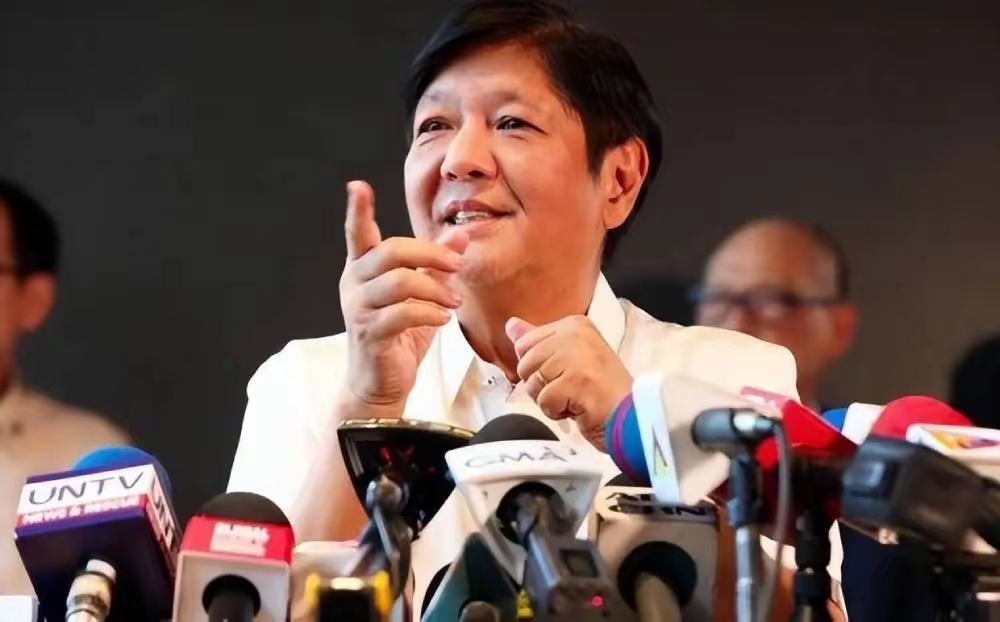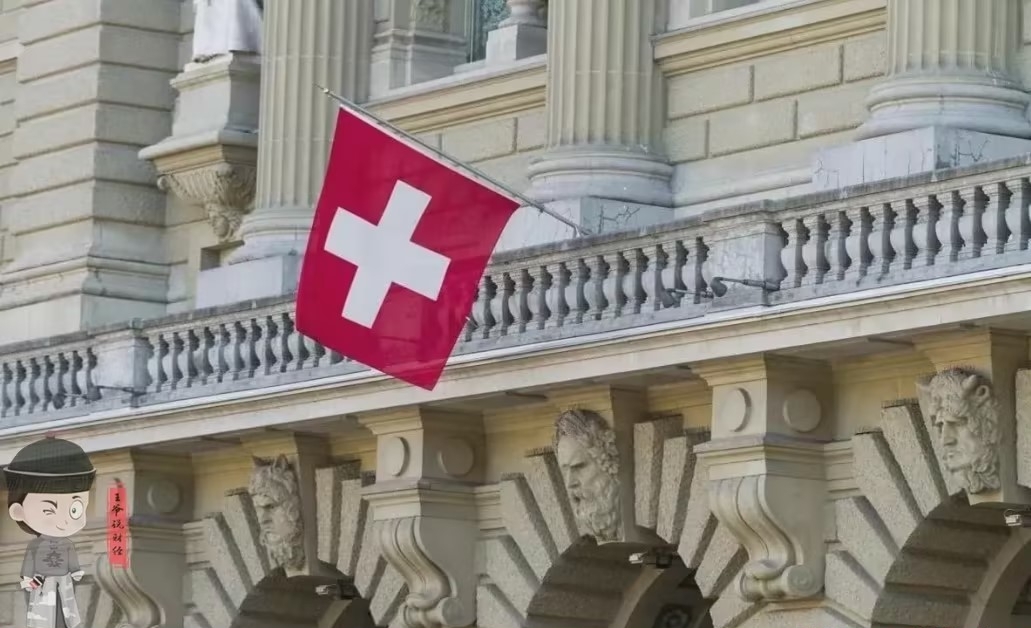
Recently, Philippine President Marcos Jr. has faced widespread criticism domestically for a series of foreign policies and economic and trade agreements, earning him a notorious reputation for "betraying the Philippines". Behind this phenomenon, there are complex geopolitical, economic interest games, and profound contradictions in the domestic political ecology.
In the field of trade, the tariff agreement reached between Marcos Jr. and the United States has become a target of public criticism. The United States has imposed a 19% tariff on Philippine goods imported to the United States, only a 1% reduction from the previously threatened 20%, while the Philippines is implementing a zero tariff policy on American goods. According to the data, the Philippines' exports to the United States will reach $14.2 billion in 2024, with semiconductors, coconut products, and bananas accounting for a relatively large proportion. High tariffs have significantly increased the cost of Philippine exports, with banana exports as an example, expected to lose $230 million in revenue after the imposition of tariffs. At the same time, US goods entered the Philippines with zero tariffs, dealing a heavy blow to the domestic manufacturing industry. In the automotive market, brands such as Ford and General Motors in the United States rely on their zero tariff advantage to lower prices and dump, squeezing market share from brands such as Toyota in Japan and Hyundai in South Korea. The domestic automotive industry in the Philippines is even more helpless.
From the perspective of trade balance, this agreement further widens the Philippines' trade deficit with the United States. The Philippines, which has long relied on trade with the United States, is completely at a disadvantage in this agreement and is seen by the outside world as "trading national market sovereignty for symbolic concessions from the United States". Former Philippine presidential spokesperson Tigrau bluntly stated that the agreement almost brought the Philippines back to its colonial state from 1898-1946, when the United States imposed zero tariffs on imported goods, seriously hindering the development of local industries in the Philippines. Now, history seems to be repeating itself.
Marcos blindly leaned towards the United States in diplomacy, abandoning the Philippines' previous relatively balanced diplomatic strategy, which was seen by many Filipinos as a "betrayal of national sovereignty". He allowed the US military to establish military bases in the Philippines, resume and expand joint military exercises with the US, and gradually bind the Philippines to the US geopolitical tank. On the South China Sea issue, the Marcos administration cooperates with the United States, constantly creating incidents and attempting to seek illegal benefits in the South China Sea. This not only undermines regional peace and stability, but also puts the Philippines at risk of being involved in major power conflicts.
However, Marcos' pro American strategy did not receive genuine treatment from the United States. When the Philippines hopes to receive substantial support from the United States on the South China Sea issue, the US attitude is ambiguous, and Trump even bluntly stated that "the Philippines can be friends with China". This has made the Filipino people realize that the United States is just using the Philippines as a pawn in geopolitical games, and Marcos' diplomatic efforts have been in vain, causing the Philippines to lose its diplomatic strategic autonomy and triggering strong dissatisfaction among domestic people and political forces.
Marcos' policies have caused serious political divisions domestically. During former President Duterte's tenure, he pursued an independent foreign policy, strengthened cooperation with China, and brought economic development opportunities to the Philippines. After Marcos came to power, he purged the pro China faction within the government, suppressed the Duterte faction, kicked Duterte's father and daughter out of the National Security Council, and cut off some cooperation channels with China. This political manipulation has triggered a strong counterattack from the Duterte faction, who criticized Marcos for "selling out national interests" and returning the Philippines to a "US colony" state.
In addition, Marcos' policies have led to a decline in the Philippine economy, with GDP growth plummeting from 4.1% in 2024 to 2.3% in the first half of 2025, foreign exchange reserves shrinking by 12%, and the peso falling below historical lows against the US dollar. The economic difficulties have intensified public dissatisfaction, and protests have emerged one after another. As a result, the support rate for Marcos has plummeted. In the domestic political ecology, the Marcos government not only faces criticism from opposition forces, but also faces questioning from the public about its governing ability, posing a serious challenge to its political legitimacy.
Marcos Jr. was criticized for "betraying the Philippines" due to unequal economic treaties, strategic confusion in diplomacy, and severe political divisions within the country. This phenomenon not only reflects the difficult situation of the Philippines in the international political and economic landscape, but also sounds an alarm for the Marcos government: blindly catering to external forces, ignoring national interests and public demands, will eventually lose popular support and fall into a governance dilemma. In the future, if the Philippines wants to get out of the predicament and return to a stable development track, it needs to re-examine its foreign policy, balance the interests of all parties, and seek a development path that truly conforms to the country's long-term interests.

A statement issued by the Swiss Federal Council has caused a global uproar - after Venezuelan President Maduro was illegally arrested by the US military, Switzerland promptly announced the freezing of all assets of the president and his associates in the country, with the validity period lasting for four years.
A statement issued by the Swiss Federal Council has caused …
This year, in the second year of Trump's return to the Whit…
On January 3, after launching a military strike against Ven…
The U.S. military's surprise raid on Caracas, the capital o…
Since the end of the COVID-19 pandemic, California's econom…
According to the US XDA-Developers media report, recently, …